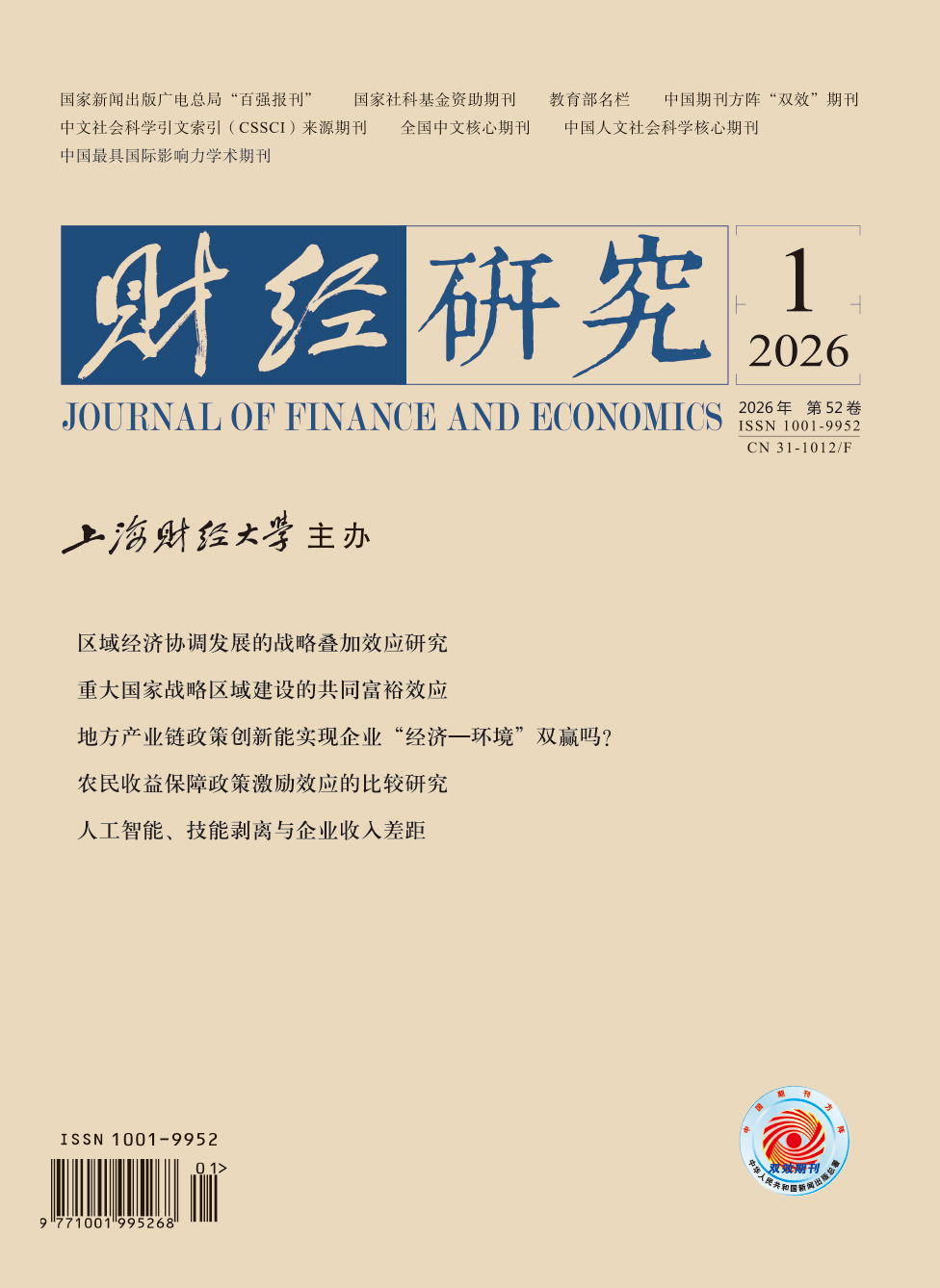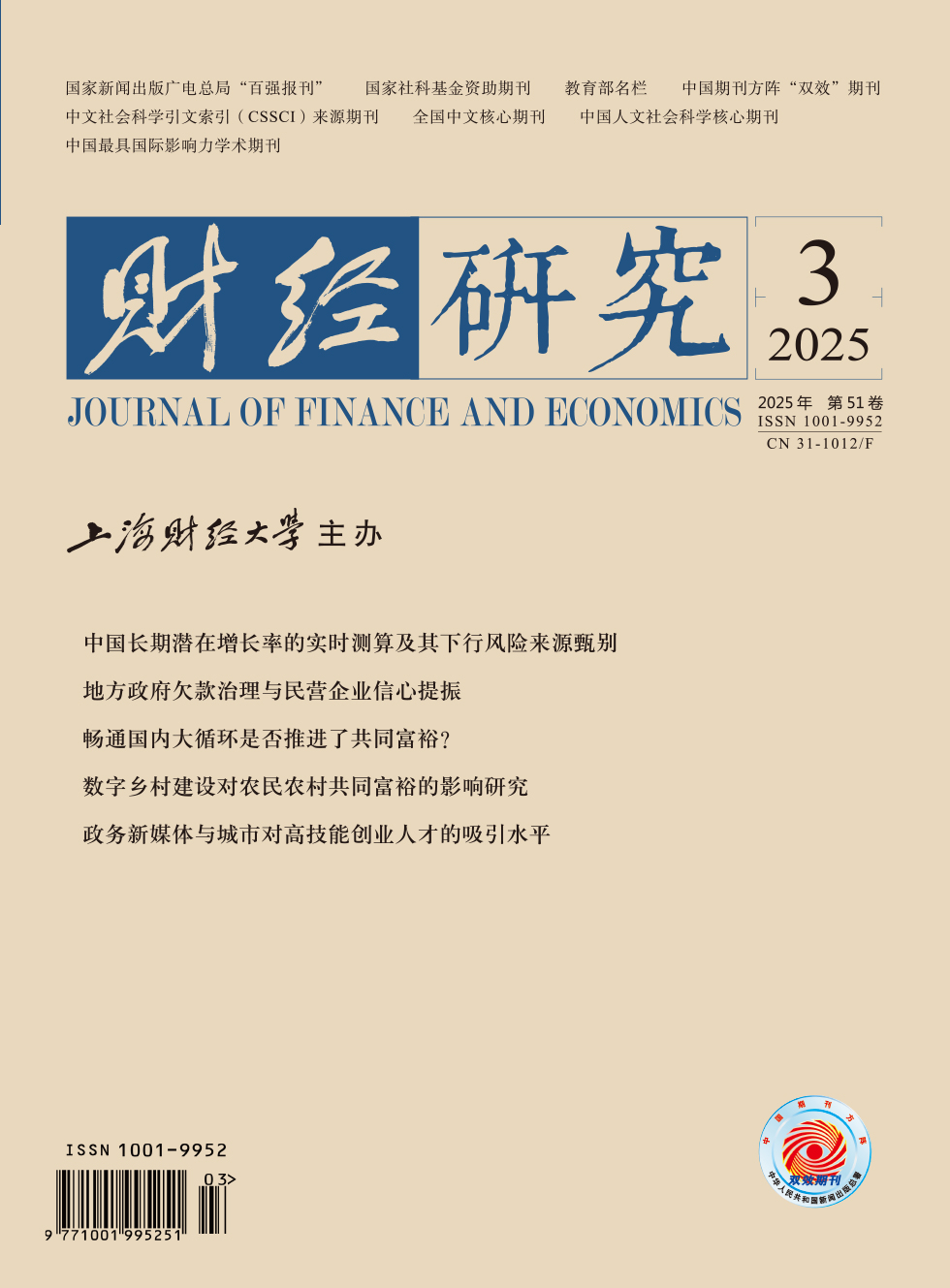保护和发展专业化无形家族资产对家族企业成功传承和长期存续具有决定性影响。为了保护和发展企业声誉等专业化无形家族资产,促进代际传承成功和家族基业长青,代际传承中的家族企业可能会有更强的动机减少有损企业声誉的避税行为。为此,文章基于保护和发展专业化无形家族资产的理论视角,利用2009—2021年沪深A股上市家族企业数据实证分析了代际传承中家族企业的策略性税收筹划问题。研究发现:(1)代际传承显著降低了家族企业的避税行为,这在多种稳健性检验以及处理了潜在内生性之后仍然成立;(2)代际传承降低家族企业避税行为的现象,在一代和二代共同管理的家族企业以及服务业家族企业中更为显著,在税收征管强度更高的地区也更为显著;(3)代际传承显著降低了家族企业绩效,但良好的企业声誉不仅显著提高了家族企业绩效,而且有助于冲抵代际传承对家族企业绩效造成的不利冲击。因此,代际传承中的家族企业通过提高纳税遵从等保护和发展良好企业声誉的行为,可以促进代际传承成功和家族基业长青。
业无信不兴:代际传承与家族企业避税
摘要
参考文献
相关附件
4 中国民(私)营经济研究会家族企业研究课题组. 中国家族企业发展报告-2011[M]. 北京:中信出版社,2011.
5 曾亚敏,张俊生. 税收征管能够发挥公司治理功能吗[J]. 管理世界,2009,(3):143−158.
7 祝振铎,李新春,赵勇. 父子共治与创新决策——中国家族企业代际传承中的父爱主义与深谋远虑效应[J]. 管理世界,2021,(9):191−206.
8 Austin C R,Wilson R J. An examination of reputational costs and tax avoidance:Evidence from firms with valuable consumer brands[J]. The Journal of the American Taxation Association,2017,39(1):67−93. DOI:10.2308/atax-51634
9 Bankman J. An academic’s view of the tax shelter battle[A]. Aaron H J. The Crisis in Tax Administration[C]. Washington,DC:Brookings Institute,2004.
10 Bennedsen M,Nielsen K M,Perez-Gonzalez F,et al. Inside the family firm:The role of families in succession decisions and performance[J]. The Quarterly Journal of Economics,2007,122(2):647−691. DOI:10.1162/qjec.122.2.647
11 Bennedsen M, Fan J P H, Jian M, et al. The family business map: Framework, selective survey, and evidence from Chinese family firm succession[J]. Journal of Corporate Finance,2015,33(3):212−226.
12 Casson M. The economics of the family firm[J]. Scandinavian Economic History Review,1999,47(1):10−23. DOI:10.1080/03585522.1999.10419802
13 Castanias R P,Helfat C E. Managerial resources and rents[J]. Journal of Management,1991,17(1):155−171. DOI:10.1177/014920639101700110
14 Caves R E,Porter M E. From entry barriers to mobility barriers:Conjectural decisions and contrived deterrence to new competition[J]. Quarterly Journal of Economics,1977,91(2):241−261. DOI:10.2307/1885416
15 Chen S P,Chen X,Cheng Q,et al. Are family firms more tax aggressive than non-family firms?[J]. Journal of Financial Economics,2010,95(1):41−61. DOI:10.1016/j.jfineco.2009.02.003
16 Churchill N C,Hatten K J. Non-market-based transfers of wealth and power:A research framework for family businesses[J]. American Journal of Small Business,1987,12(2):53−66. DOI:10.1177/104225878701200205
17 Davis J H,Schoorman F D,Donaldson L. Toward a stewardship theory of management[J]. The Academy of Management Review,1997,22(1):20−47. DOI:10.2307/259223
18 Dowling G R. Managing your corporate images[J]. Industrial Marketing Management,1986,15(2):109−115. DOI:10.1016/0019-8501(86)90051-9
19 Desai M A, Dharmapala D. Corporate tax avoidance and high-powered incentives[J]. Journal of financial Economics,2006,79(1):145−179. DOI:10.1016/j.jfineco.2005.02.002
20 Fombrun C,Shanley M. What’s in a name? Reputation building and corporate strategy[J]. Academy of Management Journal,1990,33(2):233−258. DOI:10.2307/256324
21 Gomez-Mejia L R,Cruz C,Berrone P,et al. The bind that ties:Socioemotional wealth preservation in family firms[J]. Academy of Management annals,2011,5(1):653−707. DOI:10.5465/19416520.2011.593320
22 Lee K S,Lim G H,Lim W S. Family business succession:Appropriation risk and choice of successor[J]. The Academy of Management Review,2003,28(4):657−666. DOI:10.2307/30040754
23 Kovermann J, Wendt M. Tax avoidance in family firms: Evidence from large private firms[J]. Journal of Contemporary Accounting and Economics,2019,15(4):145−157.
24 Pérez-González F. Inherited control and firm performance[J]. American Economic Review,2006,96(5):1559−1588. DOI:10.1257/aer.96.5.1559
25 Xu N, Yuan Q, Jiang X, et al. Founder’s political connections, second generation involvement, and family firm performance: Evidence from China[J]. Journal of Corporate Finance,2015,33(2):243−259.
引用本文
陈刚, 徐汀. 业无信不兴:代际传承与家族企业避税[J]. 财经研究, 2025, 51(3): 154-168.
导出参考文献,格式为:





 3756
3756  4291
4291

